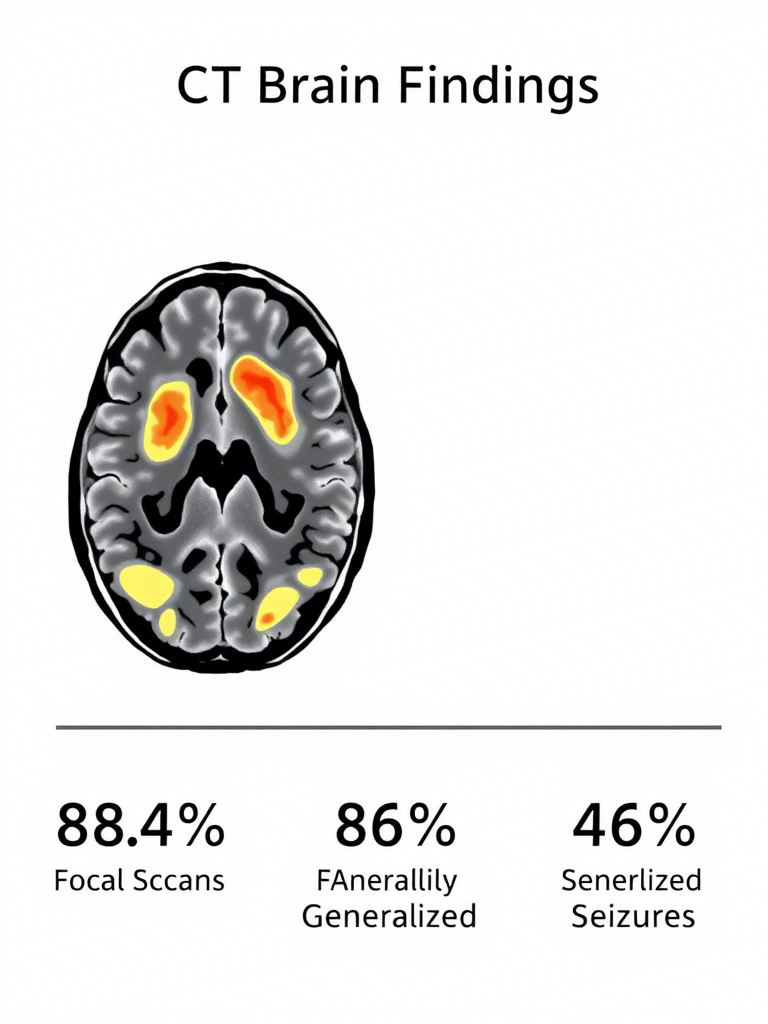The Effects of Nutritional Interventions on the Cognitive Development of Preschool-Age Children: A Systematic Review
Fatima Mohamed¹, Maram Elnawrani², Maria Mohammed³, Leen Al-Zghoul4
Keywords:
Preschool nutrition; Cognitive development; Micronutrients; Iron; Omega-3; Randomized controlled trials; Systematic reviewAbstract
Background: Undernutrition during early childhood adversely affects growth and neurodevelopment. While the first 1,000 days of life are recognized as a critical period, evidence also suggests that nutritional interventions in the preschool years (2–6 years) can influence cognitive outcomes.
Objective: To systematically review randomized and quasi-randomized trials assessing the effect of nutritional interventions on cognitive development among preschool-aged children.
Methods: We searched PubMed, Scopus, Web of Science, and Cochrane Library up to September 2025, following PRISMA 2020 guidelines. Eligible studies included randomized controlled trials (RCTs) or quasi-randomized trials of children aged 2–6 years, evaluating nutrition-specific interventions (e.g. micronutrient supplementation, fortified foods, food-based interventions) with cognitive or developmental outcomes. Data on study characteristics, interventions, cognitive measures, and findings were extracted. Risk of bias was assessed with Cochrane criteria. Due to heterogeneity, results were narratively synthesized.
Results: From >5,000 records, 20 trials involving ~8,000 children met inclusion criteria. Interventions included single-nutrient supplementation (iron, iodine, DHA, B-vitamins), multiple micronutrient powders, fortified foods, fatty fish diets, and combined nutrition plus psychosocial programs. Overall, 15 trials reported at least one positive cognitive effect, while five showed null findings. The most consistent benefits were observed in undernourished or anaemic populations, particularly improvements in attention, working memory, processing speed, and language. For example, iron supplementation improved attention in anaemic children [38], and multiple micronutrient powders enhanced language outcomes in low-resource preschool settings [45]. Food-based interventions (e.g. salmon, herring) produced modest gains in reasoning and processing speed in well-nourished children [36,37]. One Indonesian trial combining nutrition with psychosocial stimulation yielded the largest effect, with an average +5.7 IQ point gain [43]. No serious adverse events were reported.
Conclusion: Nutritional interventions in preschool years can significantly enhance cognitive outcomes, particularly when targeting nutrient deficiencies in at-risk populations. Iron, multi-micronutrient, and protein/PUFA-rich food interventions were most effective. Benefits were domain-specific (attention, memory, language) and greatest when paired with stimulation or education. Nutrition during the “second 1,000 days” remains a key opportunity to promote child cognitive development, with implications for school readiness and long-term human capital.
Keywords: Preschool nutrition; Cognitive development; Micronutrients; Iron; Omega-3; Randomized controlled trials; Systematic review
Downloads





